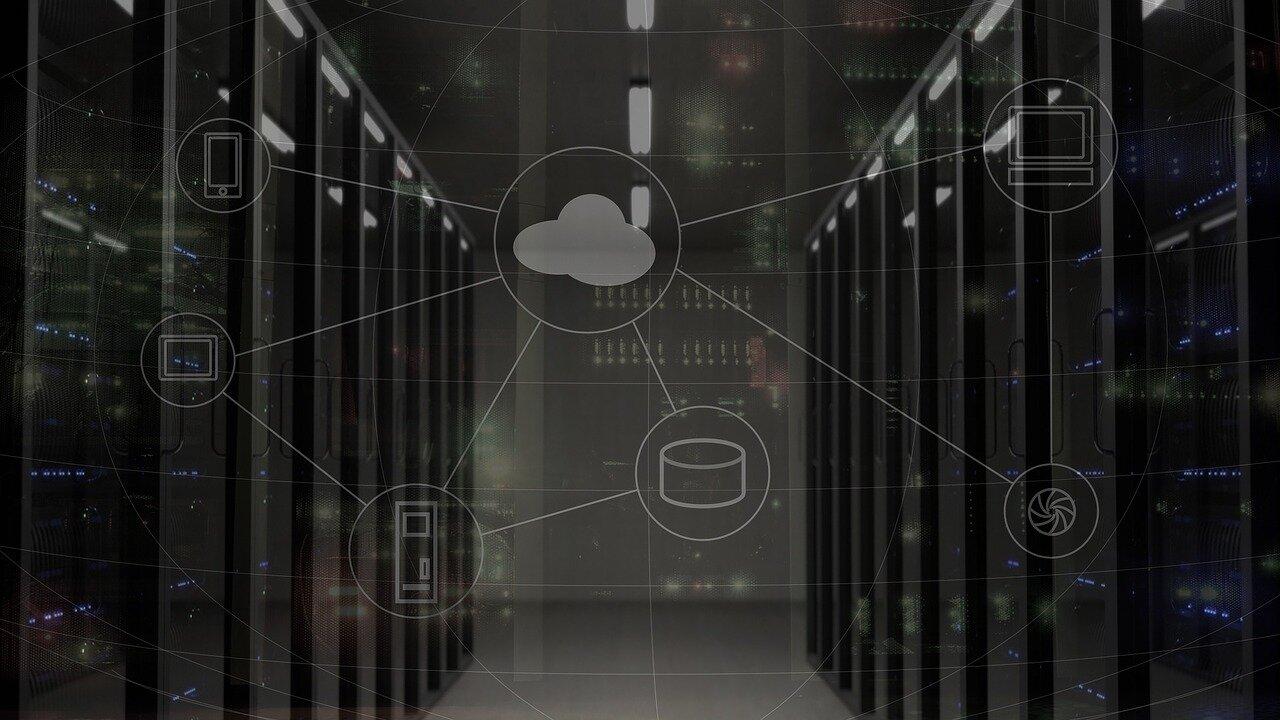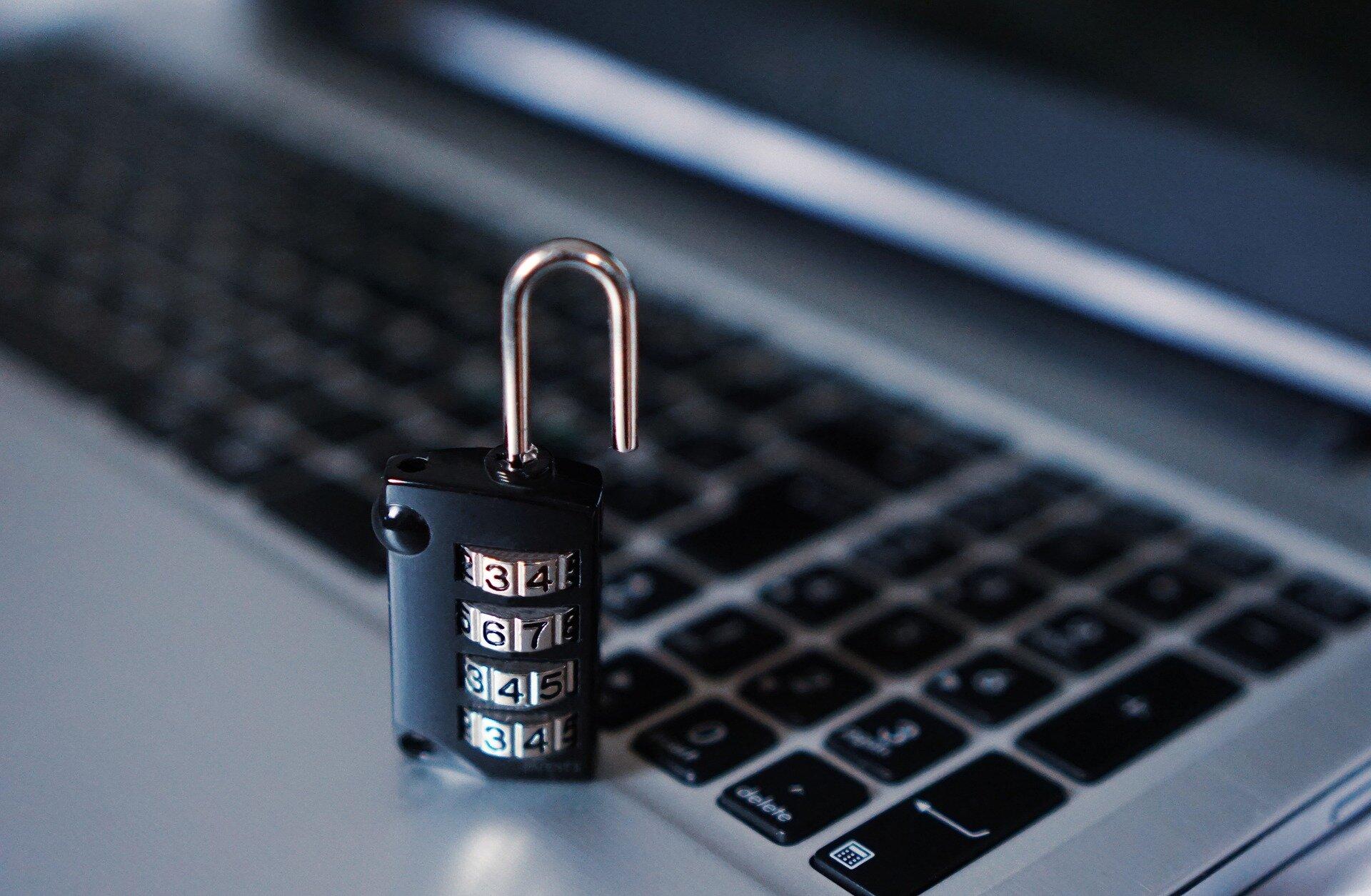Backing Up to the Cloud vs. an External Hard Drive
Backing up your computer is a crucial way to prevent data loss, such as if you accidentally delete files, your computer crashes or you get hit with a cyberattack that causes you to lose access to your work. Fortunately, the rise of cloud services like iCloud and Google Drive, as well as the prevalence of local storage options like external hard drives, provides both businesses and individuals with many options for how to back up computer files. However, you may be unsure of whether to back up to the cloud vs. an external hard drive.
Both backup methods have their pros and cons, and in general, choosing any sort of backup is better than no backup at all, provided you feel comfortable with the security of your backup. Choosing one over the other, however, depends on your needs, such as the amount of data you want to store and when you might need to access the backup.
To help you narrow down your options, we’ve put together the following list of factors to consider when deciding whether to use a cloud backup vs. backing up to an external hard drive. The list is in no particular order, as these factors should be considered as a whole.
Accessibility

Cloud storage offers greater accessibility in the sense that you can back up and retrieve your files from the cloud provider from any compatible device with an internet connection. For example, if you back up a document to Google Drive on your work computer, you could log in to your Google account on your computer at home to pick up where you left off. In some cases you can even access your cloud files offline and then save any changes once you’re back online.
With an external hard drive, however, you physically need to attach the drive to your computer to perform backups and access the files. So if you want all of your company’s files backed up to one location, you would need to connect the external hard drive to each device you want to backup, whereas you could access the same cloud account from any compatible computer.
Still, the way in which you can access local storage could also be seen as a positive by some, such as if you want to use a thumb drive to quickly access files wherever you are, even without an internet connection.
Cost

The cost of cloud storage and external hard drives can vary dramatically, so it’s important to compare your options and think about how much data you want to back up. Some cloud providers like Google offer a limited amount of free storage, so if you’re only backing up small files like pictures and documents, you may be able to get by with a free option. In general, however, external hard drives tend to be less expensive once you get past free versions of cloud storage.
Cloud storage has a recurring cost (typically a monthly or annual fee), whereas an external hard drive is a one-time expense for however long the drive lasts. You can get a quality 1TB drive for less than $50, whereas Amazon, for instance, offers consumers 1 terabyte (TB) of storage for $59.99 per year.
Security

Because cloud storage can be accessed over the internet, it’s possible for cybercriminals to get into your files stored in the cloud, such as by obtaining your password to login to these services or by launching a cyberattack on the cloud storage provider itself. However, this problem is far from limited to cloud services providers and can affect files stored locally on your own computer, such as if you accidentally download a malicious file that blocks access to your files.
With an external hard drive, however, you can potentially reduce the risk and the harm from cyberattacks. Since these drives aren’t connected to the internet, that limits the points of entry into the files. While it’s still possible for malware to make its way onto an external hard drive when connected to your computer, in many cases these devices remain safely outside the effects of cyberattacks and you can potentially use your external backup to restore damaged files.
Reliability
Lastly, consider the reliability of both cloud storage providers and external hard drives, which can vary greatly depending on the specific service or device you choose. While the name “cloud” may imply the files are stored virtually, they still need to be stored in a physical data center, from which the files are then accessed remotely. As such, the data center could be subject to reliability risks such as if power outages or natural disasters affect the data center’s ability to operate. If you do use a cloud backup, be sure to investigate your provider’s reliability history and their contingency plans.
With external hard drives, the reliability of the device can also be an issue, but in a sense it’s more in your control. If you lose access to the cloud, you’re at the mercy of the cloud services company to restore service, whereas if your external hard drive isn’t working, you could take the drive to a technician to repair the device or try to access the files through data recovery software. And if you take good care of your external hard drive, you can potentially prolong its life.
Because neither cloud storage or external hard drives are entirely reliable, some companies and individuals choose to have multiple backups, either by using both methods or having two cloud storage providers or two external hard drives with the same data. Taking this approach depends on how important your files are to you and how much you’re willing to spend to try to safeguard your data.
Overall, we tend to recommend using external hard drives at least in some capacity, rather than using cloud services alone, but the decision ultimately depends on your backup needs.